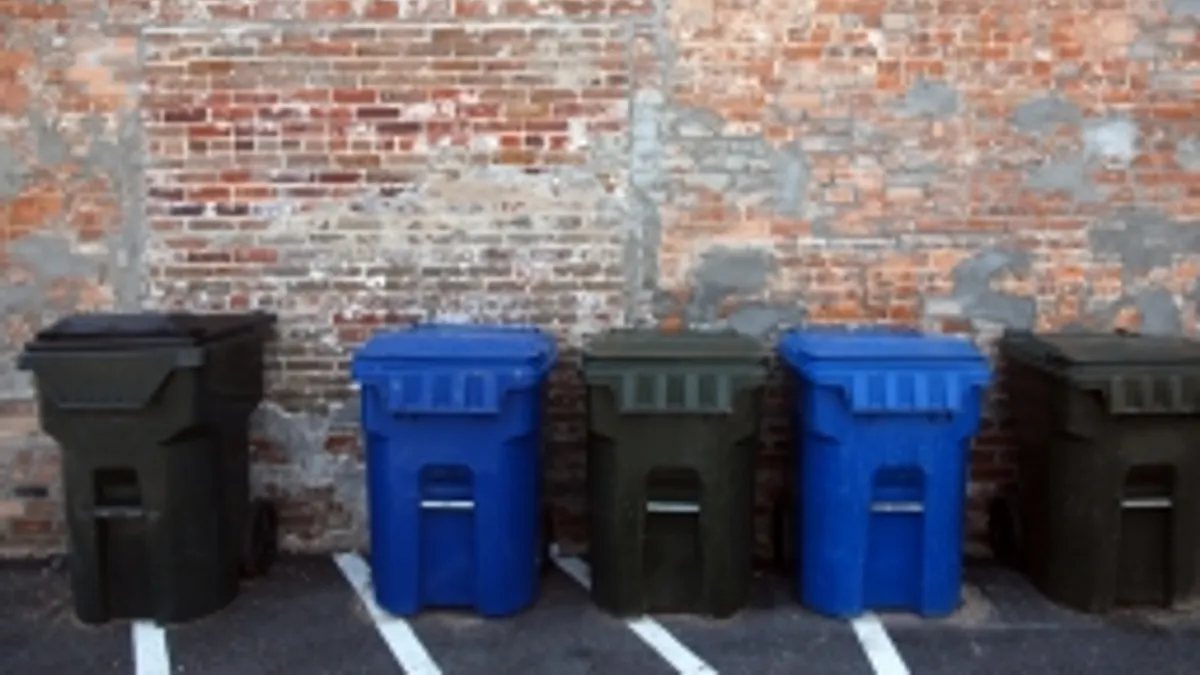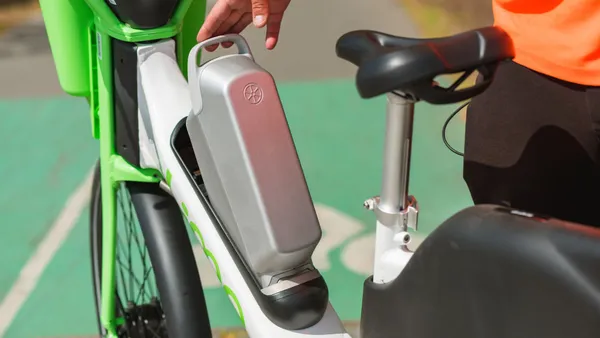Dive Brief:
- A study conducted by Aaron Brough, assistant professor at Utah State University, and James E.B. Wilkie, assistant professor at University of Notre Dame, found that men are less likely than women to engage in sustainable behaviors such as recycling in order to "safeguard their gender identity."
- Previous research indicated being environmentally-conscious is "associated with femininity," therefore the researchers designed seven experiments to test male behaviors. These experiments found that men are more likely to donate to environmental organizations with a masculine logo; men are less likely than women to buy products marked as "green;" and both men and women perceive consumers who recycle or buy green products as "more feminine."
- It was also found that men are equally likely to avoid "green" practices in public and private, suggesting they are more concerned with maintaining their own self-perception of masculinity than being environmentally-friendly.
Dive Insight:
The study — published in the Journal of Consumer Research, August 2016 — supports previous research which found men are more likely to litter, leave a larger carbon footprint and feel less responsible about environmental impacts than women.
This research is interesting as it does not necessarily apply to the inner operations of the waste industry, which is seemingly populated by more men than women. Companies and associations have even worked to increase recruitment and make the industry more appealing to women — a trend that led Waste Dive to write a Women in Waste spotlight series. Therefore, the problem lies with consumer tendencies.
Destigmatizing the "feminine" reputation of sustainable habits such as recycling is something that industry officials may want to keep on their radars as leaders work to increase education and awareness of waste industry practices. This may include using more male figures in advertisements and educating more men — and young boys — about sustainable behaviors.
The industry does not only see a divide in efforts depending on gender identification, but political affiliation as well. An April 2016 poll found that 90% of Democrats believe the U.S. should do "whatever it takes to protect the environment," while only 52% of Republicans felt the same sentiment. This is another important factor for leaders to keep in mind while pushing recycling and other initiatives to consumers.














